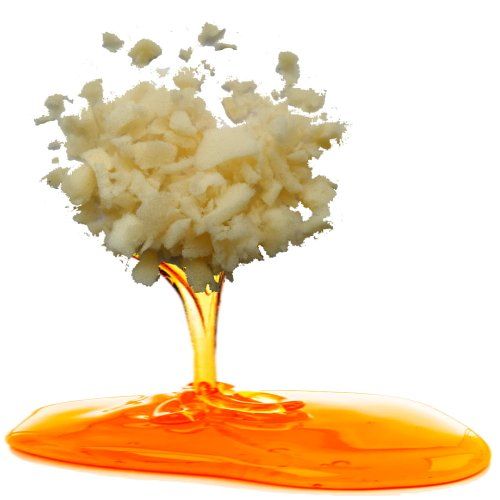PET/polyester polyol equipment
In today's global economy, it is vital to use innovative technologies for production in order to be competitive. The use of alternative or recycled raw materials is one possible way to differentiate your products and reduce costs. The fact is, there is no contradiction between cost cutting and an ecological way of production. Reusing precious raw materials such as PET gives companies the opportunity to fully exploit the financial investment made in these plastics.
The synthesis of polyester polyols for the production of polyurethane plastics is very widespread and the process is numerous described in the literature. It offers a great advantage over the process used to make polyether polyols. All required raw materials are either solid or liquid at room temperature. This sounds insignificant at first, but has a great influence on the complexity and safety of the chemical process and production facilities.
Polyester polyols are used to make hard and flexible polyurethanes. Popular properties of this type of polyol are the good tensile and abrasion resistance. Polyurethane produced with polyester polyols is typically more heat stable than those made with polyether polyols.
Advantages of the polyester polyols over the polyether polyols
- superior thermal and fire resistance
- better resistance to solvents
- economical and simple production process
- lower investment in production equipment
- high flexibility in raw materials
The preparation of polyester polyols is based on the reaction of di- or polyfunctional carboxylic acids and alcohols at temperatures up to 230 ° C (450 ° F). Depending on the raw materials used, the polyols produced may have low or high functionality and be aliphatic or aromatic. Characteristic of the so-called polycondensation is the removal of water that arises during the process. Polyester polyols can be made from both new raw materials and from recycled polymers. PET waste has proven to be an excellent raw material for aromatic polyester polyols.
- carboxylic acids
- Polyethylene terephthalate PET
- Recycled PET








